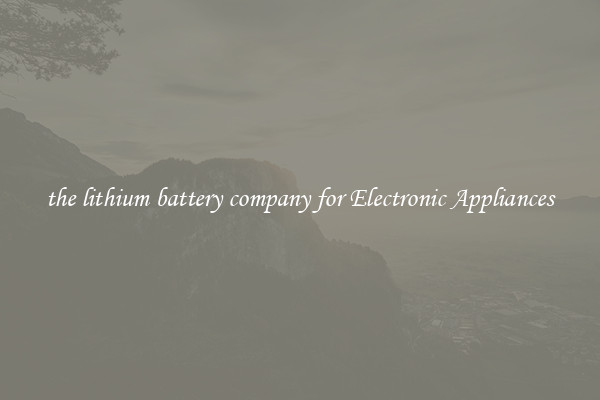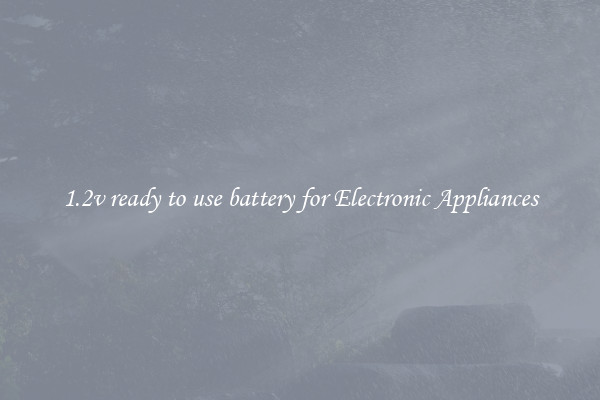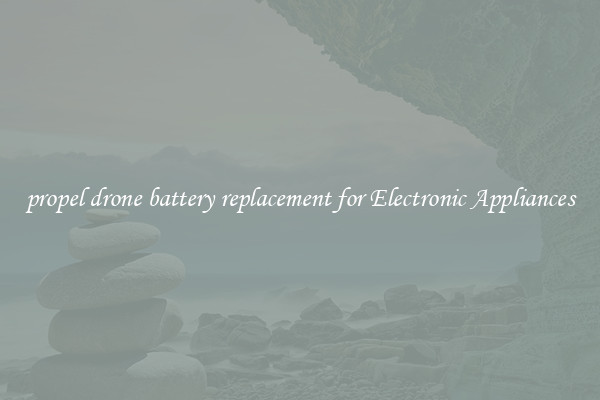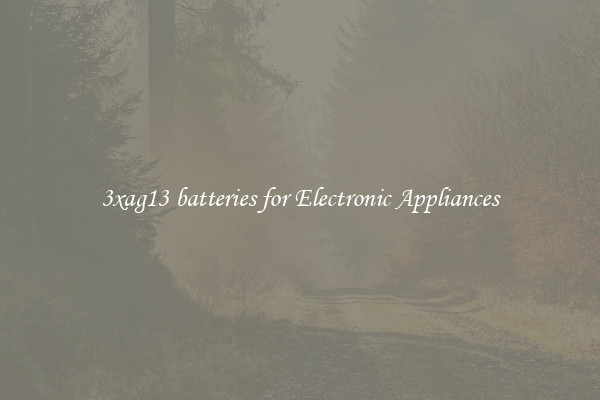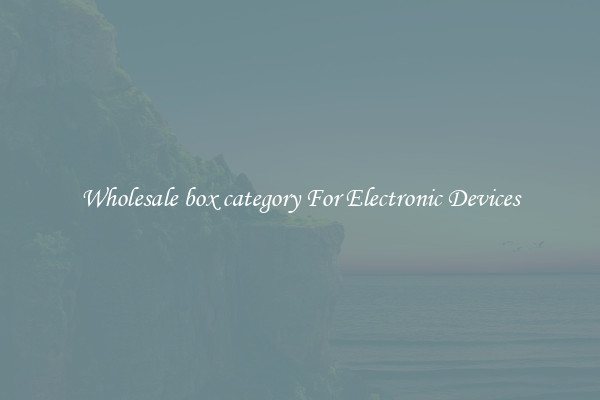lithium ion electric forklift battery prices for Electronic Appliances
Lithium-ion batteries have become increasingly popular in a variety of applications, including electric forklifts. With their high energy density, long lifespan, and fast charging capabilities, lithium-ion batteries are a great choice for powering electric forklifts in warehouses and industrial settings. However, one of the major concerns for those considering switching to lithium-ion battery-powered forklifts is the cost. In this article, we will explore the prices of lithium-ion electric forklift batteries and how they compare to traditional lead-acid batteries.
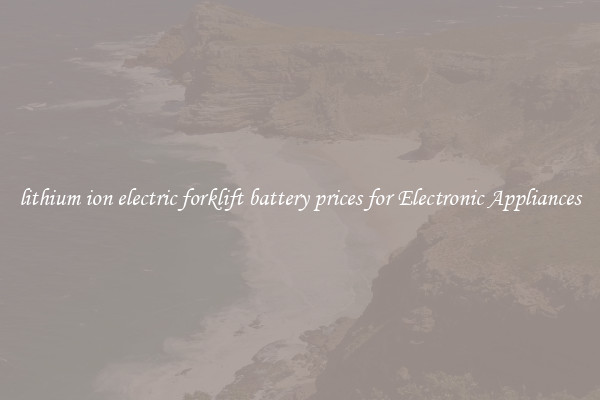
The upfront cost of lithium-ion batteries is undoubtedly higher than lead-acid batteries. On average, a lithium-ion battery for an electric forklift can cost anywhere from $10,000 to $20,000, depending on the size and capacity of the battery. In comparison, a lead-acid battery typically costs between $3,000 to $6,000. This significant price difference can be a deterrent for some companies looking to make the switch to lithium-ion batteries.
However, it's important to consider the total cost of ownership when evaluating the price of lithium-ion batteries. While the upfront cost may be higher, lithium-ion batteries have a longer lifespan than lead-acid batteries. On average, a lithium-ion battery can last up to 10 years, while a lead-acid battery may need to be replaced every 3-5 years. This means that over time, the cost of replacing lead-acid batteries multiple times can exceed the initial investment in a lithium-ion battery.
Additionally, lithium-ion batteries have lower maintenance costs compared to lead-acid batteries. Lead-acid batteries require regular maintenance such as watering, equalizing, and cleaning, which can add up over time. In contrast, lithium-ion batteries are virtually maintenance-free, saving both time and money in the long run.
Another advantage of lithium-ion batteries is their fast charging capabilities. With a lithium-ion battery, you can fully recharge your forklift in as little as 1-2 hours, compared to lead-acid batteries which can take 8-10 hours to fully charge. This means less downtime for your forklifts and increased productivity in your warehouse.
In conclusion, while the initial cost of lithium-ion electric forklift batteries may be higher than lead-acid batteries, the long-term savings in maintenance and replacement costs, as well as the increased productivity from fast charging capabilities, make lithium-ion batteries a cost-effective investment for companies looking to upgrade their electric forklift fleet. As technology continues to improve and prices continue to decrease, lithium-ion batteries are becoming an increasingly attractive option for businesses looking to optimize their operations.

View details

View details

View details

View details
